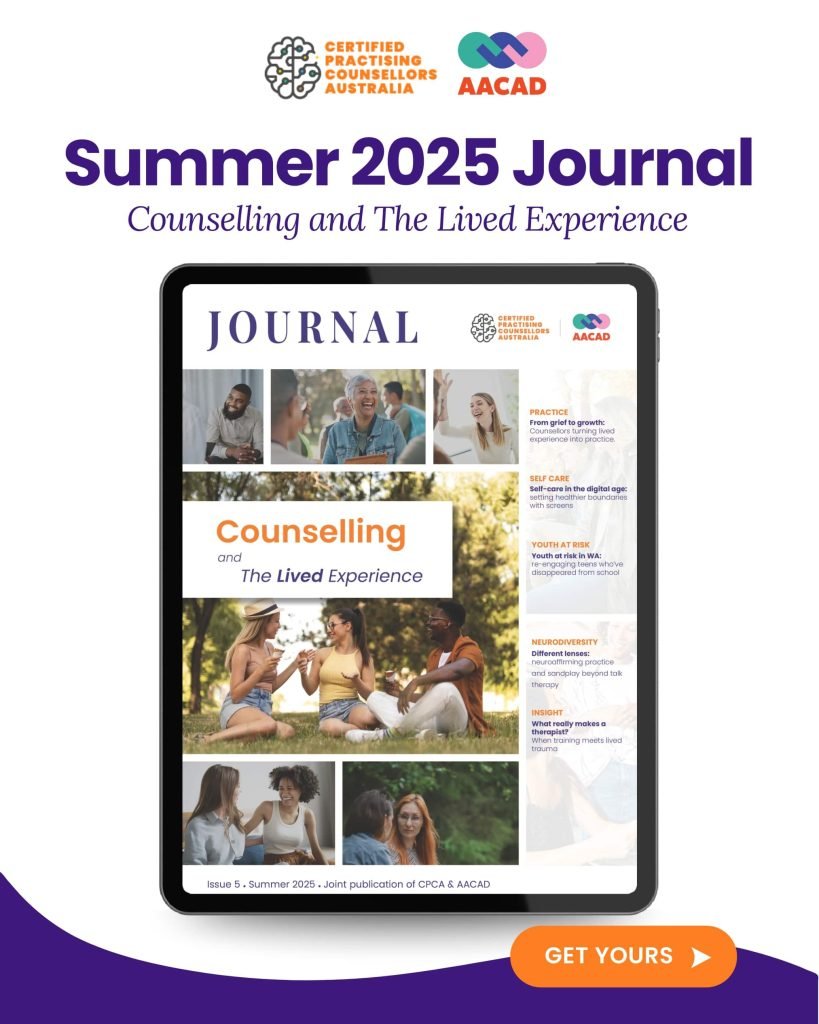Boundaries are essential in maintaining healthy, ethical, and effective professional relationships in the field of counselling. While counsellors often develop strong, empathetic connections with clients, it is vital to uphold clear boundaries to protect both the therapeutic process and the counsellor’s emotional well-being. The concept of friendship in counselling adds a layer of complexity to this dynamic. In this article, we explore the importance of boundaries, the potential risks of friendships within or outside the counselling relationship, and how clear boundary-setting contributes to ethical and impactful therapeutic practice.
What Are Boundaries in Counselling?
In counselling, boundaries refer to the guidelines, limits, and structures that define the professional relationship between a counsellor and a client. These boundaries create a safe, consistent, and respectful space for therapy. They ensure the relationship remains professional, with the counsellor’s primary role being to support the client’s well-being rather than engage on a personal level.
Types of Boundaries in Counselling
- Physical Boundaries: Maintaining appropriate personal space and avoiding physical contact that could be misconstrued or cross professional lines.
- Emotional Boundaries: Managing emotional involvement to avoid becoming overly entangled in the client’s personal experiences.
- Psychological Boundaries: Maintaining objectivity and ensuring the counsellor’s own beliefs and emotions do not interfere with the therapeutic process.
- Time and Space Boundaries: Counsellors should establish clear guidelines around the duration and scheduling of sessions. Unclear or inconsistent scheduling can create confusion and undermine the professional integrity of the counselling relationship.
- Dual Relationships: Dual relationships occur when a counsellor has multiple roles with a client, such as being both a counsellor and a friend, colleague, or business partner, which can impair judgment and effectiveness.
The Role of Friendship in Counselling
Friendships are inherently personal relationships that involve mutual trust and personal connection. While the counselling relationship is built on trust and empathy, it is not intended to evolve into a personal friendship. While a counsellor’s role is to foster a supportive, empathetic environment for the client, the therapeutic relationship is not meant to evolve into a friendship. The potential for friendships to develop within the counselling setting exists, particularly when clients feel comfortable and safe. However, the therapeutic dynamic must remain professional to be effective.
Risks of Friendship in the Counselling Setting
1. Blurred Boundaries
A friendship with a client can blur the line between personal and professional roles. This may compromise objectivity and the client’s sense of safety, making it harder to maintain the structured environment essential to therapy.
2. Conflicting Roles
Being both a counsellor and a friend introduces conflicting obligations. Emotional involvement inherent in friendship can influence professional decisions, making it difficult to remain impartial.
3. Ethical Violations
Establishing friendships with clients may breach ethical standards in counselling. This could lead to breaches of confidentiality, favoritism, or reluctance to address difficult topics out of concern for the friendship.
4. Client Dependency
When a client views their counsellor as a friend, it can foster emotional dependence. This can delay personal growth and hinder the client’s ability to build resilience and independence.
5. Power Imbalance
Despite good intentions, a power imbalance always exists in the counselling relationship due to the counsellor’s professional training, authority, and position. Even in a perceived friendship, the counsellor’s authority, training, and influence can affect the client’s ability to express themselves freely or challenge boundaries.
The Consequences of Boundary Violations
Crossing professional boundaries—whether through forming friendships or other inappropriate interactions—can seriously damage the therapeutic process and trust between counsellor and client.
Disruption of Therapy
Clients may feel confused, betrayed, or uncomfortable if they sense emotional over-involvement or inconsistent boundaries. This can lead to reduced effectiveness and premature termination of therapy.
Risk of Harm
Whether due to emotional overreach or excessive detachment, lack of boundaries can harm clients emotionally. For instance, a counsellor who becomes too personal may avoid exploring difficult topics, while one who withdraws may appear unsupportive.
Legal and Professional Repercussions
Boundary violations can result in professional misconduct complaints, loss of licensure, or legal action. Most counselling associations have strict guidelines that prohibit dual relationships to prevent these issues.
How to Maintain Healthy Boundaries in Counselling
To uphold the integrity of the therapeutic relationship, counsellors must proactively manage boundaries through the following best practices:
1. Clear Communication
Set expectations from the outset. Clearly define the counselling relationship, session structure, and limitations, helping clients understand what to expect and what is not appropriate.
2. Seek Supervision and Peer Support
Engage in regular supervision or peer consultation—especially when navigating complex dynamics such as potential dual relationships or blurred boundaries. This support helps counsellors maintain clarity and objectivity in their work.
3. Practice Self-Reflection
Continuously reflect on personal emotions and reactions. Self-awareness helps ensure the counsellor remains focused on the client’s needs without projecting their own feelings into the relationship.
4. Follow Ethical Guidelines
Familiarise yourself with ethical codes from recognised organisations such as CPCA’s Code of Ethics and Practice here. These frameworks provide valuable direction for managing boundaries effectively.
Conclusion
Professional boundaries are fundamental to effective, ethical counselling. While forming personal connections is part of building trust, counsellors must avoid the temptation to develop friendships with clients. Doing so risks disrupting the therapeutic relationship, compromising professional objectivity, and harming the client’s progress.
By maintaining clear, consistent boundaries, counsellors protect not only their clients but also their own well-being and professional reputation. Ultimately, healthy boundaries foster a safe and supportive space for clients to explore their challenges, build resilience, and move forward with confidence.



